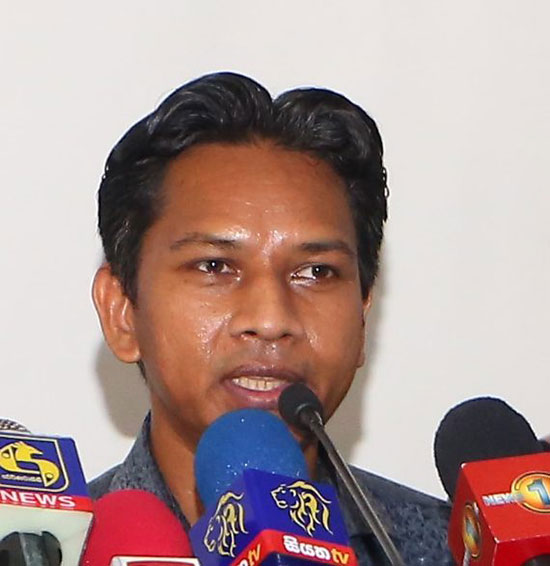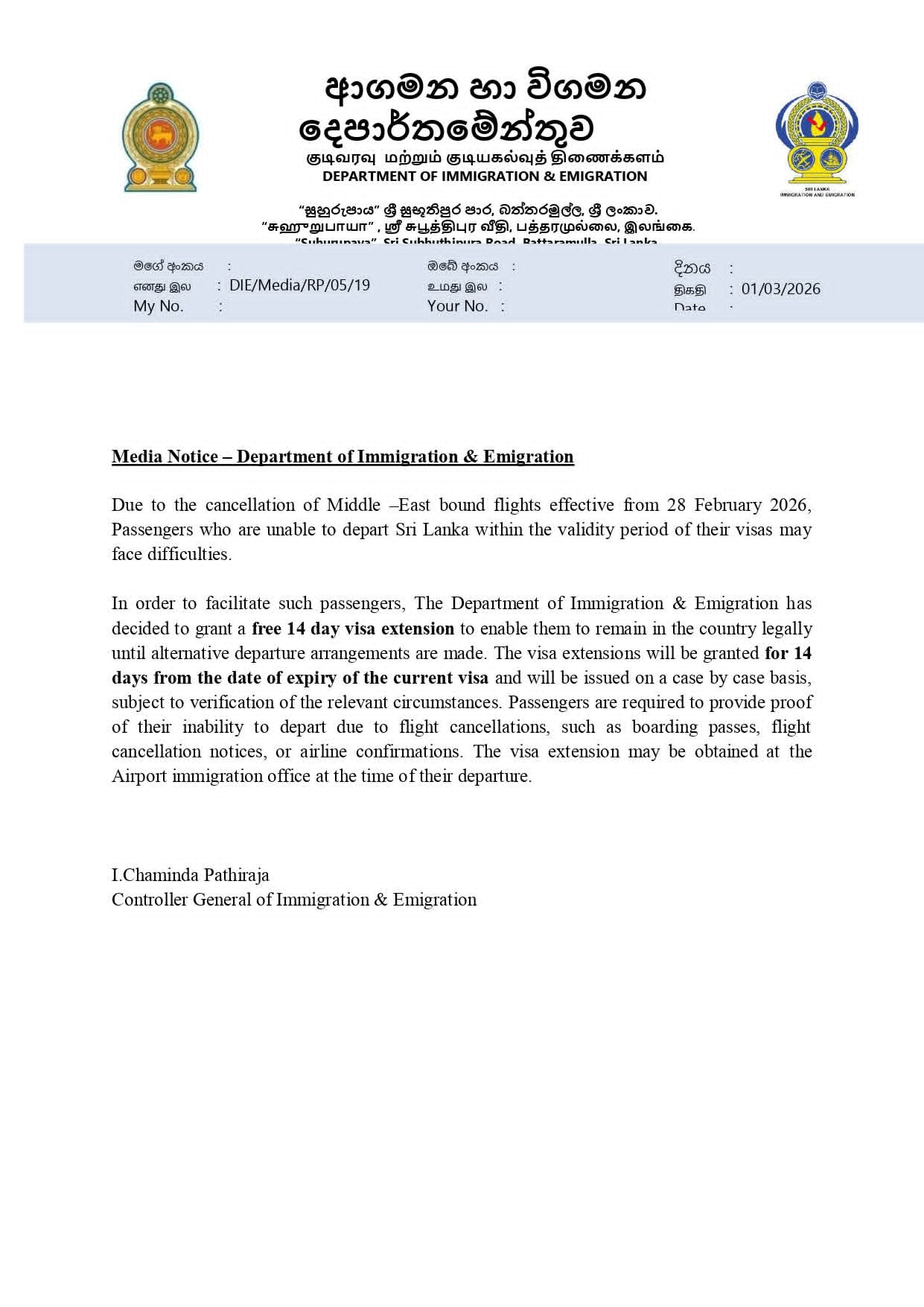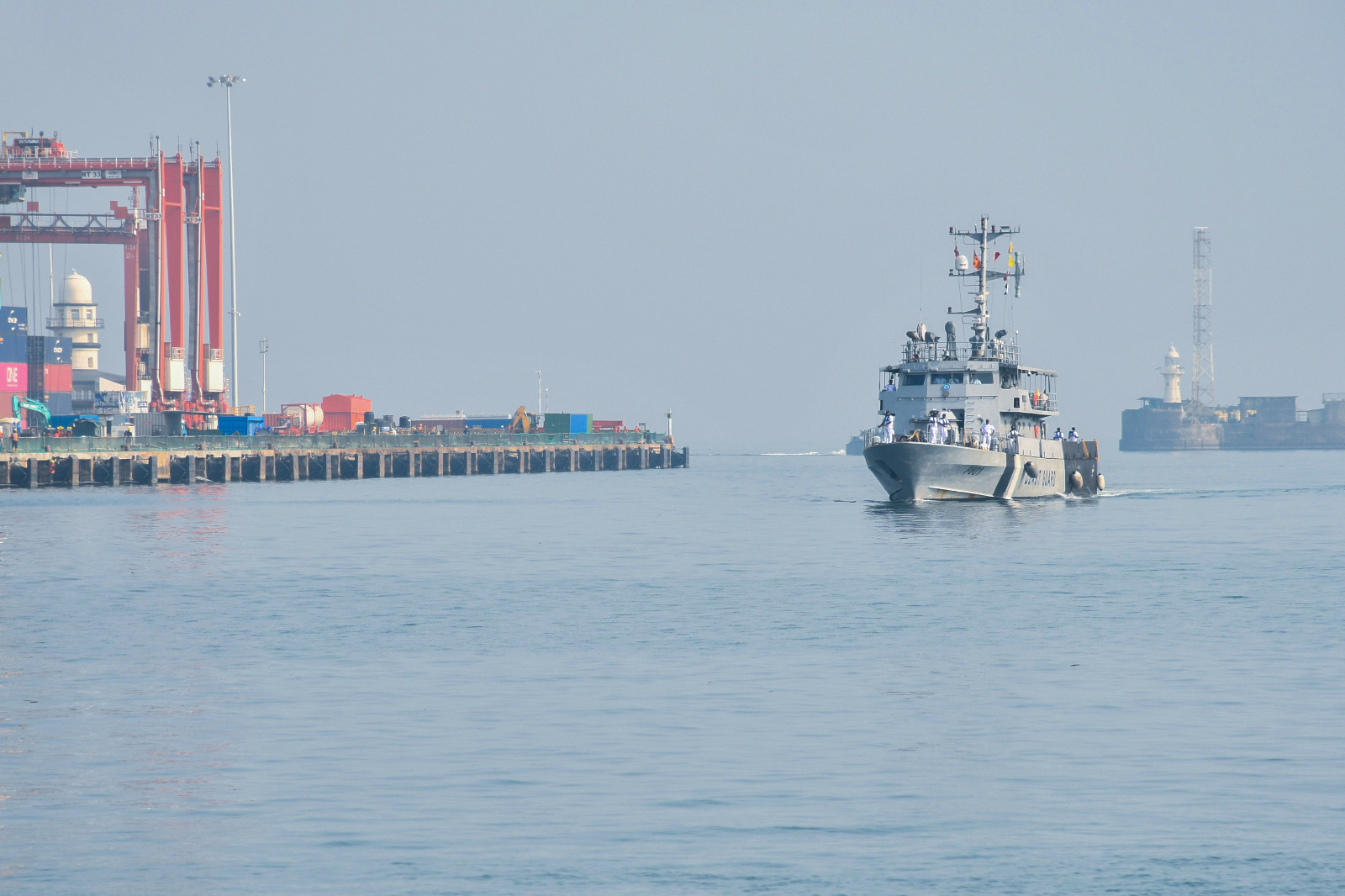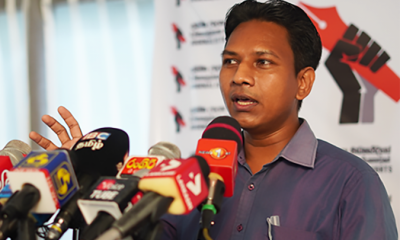News
MONLAR: SL has lost million hectares of forest cover since 1960

Tea plantations biggest culprit
BY Rathindra Kuruwita
Sri Lanka has lost about 947,370 hectares of forest between 1960 and 2010, Sajeewa Chamikara of the Movement for Land and Agricultural Reform (MONLAR) says.
The last survey on forests was carried out in 2010 by the Forest Conservation Department. By 2010 the forest cover had shrunk to 29.7 percent or 1, 951, 472 hectares.
Between 1992 and 2010, Sri Lanka lost 16, 922 hectares of forests in the wet-zone. Since then, the forests in the wet-zone had further dwindled due to the expansion of tea cultivation, Chamikara said yesterday.
“Tea plantations that lead to the destruction of rainforests can be considered green deserts. Biodiversity on these plantations is low. Tea planters use a lot of toxic agrochemicals. There are no plant layers. Thus, these lands lose most of their biodiversity and become deserts for all practical purposes, despite being green,” he said.
Chamikara said the British had cleared up vast extents of forest lands on mountains and rid those areas of elephants. By 1860, Sri Lanka was among the top producers of coffee. By 1870, coffee plantations covered 275,000 acres. However, soon afterwards, coffee plantations were devastated by a fungal disease, Hemileia vastatrix, also known as coffee leaf rust.
Chamikara said that while tea used to be a major foreign exchange earner, the situation had changed. The yield of most large-scale tea estates was dwindling rapidly due to soil degradation and unsustainable cultivation practices.
“We have several institutions that have been established to develop tea. However, they believe we are still living in the late 19th century, when we had plenty of virgin land, cheap labour and there was no stiff competition,” Chamikara said.
Meanwhile, Ramesh Pathirana, Minister of Plantation Industries and Minister of Industries, said that there had been reports of illegal expansion of tea plantations into forests. However, it was not the policy of his Ministry to encourage such practices and the Forest Department must take immediate action against those who carried out such illegal activities.
Minister Pathirana added that the industry also needed to be more sustainable and tea smallholders were already interested in multi-cropping and that the Ministry had spoken to all stakeholders about improving sustainability.
“Now, we can’t push businesses to shift to agroforestry or multi-cropping. But environmentalists and environmental-minded planters can work together, create better systems and then everyone will follow,” he said.
Latest News
Free 14 day visa extension for visitors unable to depart Sri Lanka

The Department of Immigration and Emmigration has decided effective from 28th February 2026, to grant a free fourteen (14) day visa extension to all tourists who are unable to leave Sri Lanka due to flight cancellations. 
News
Maldives Coast Guard Ship Huravee arrives in Colombo

The Maldives Coast Guard Ship Huravee arrived at the Port of Colombo for replenishment purposes on 02 Mar 26. The visiting ship was welcomed by the Sri Lanka Navy (SLN) in compliance with time-honoured naval traditions.
The ship is a 48.9m long Offshore Patrol Vessel which is commanded by Lieutenant Colonel Ahmed Nafiu Mohamed.
Meanwhile, the ship’s crew is scheduled to visit several tourist attractions in the city of Colombo, during their stay in the island.
News
AKD warns of far reaching economic consequences of Middle East war

President Anura Kumara Dissanayake yesterday called for an immediate and peaceful resolution of the escalating Middle East conflict, warning that the crisis could have far-reaching repercussions on the global economy, including Sri Lanka.
Addressing Parliament, the President stressed that no military conflict benefited humanity, particularly at a time when destructive military technologies were rapidly advancing.
“Any military conflict does not create a favourable situation for any group of people,” he said, urging all parties to make urgent commitments towards peace. “As Sri Lanka, our position is that all parties involved in this war must, as soon as possible, take steps toward a peaceful world.”
He cautioned that Sri Lanka could not remain insulated from the fallout from the conflict, noting that disruptions to global oil and gas supplies, threats to migrant workers in the Middle East, and potential shocks to tourism, remittances, shipping and aviation were real concerns.
A national programme was being formulated to mitigate the impact, he said, adding that its success would hinge on broader international efforts to restore stability, the President said.
Acknowledging public anxiety shaped by past economic hardships, President Dissanayake said social stability could not be ensured through rhetoric alone but required tangible guarantees that citizens would not face another crisis.
While noting that the government had successfully navigated multiple challenges since assuming office, he described the Middle East situation as distinct due to the uncertainty surrounding its duration and outcome.
The government, he said, was closely monitoring developments. The Central Bank had conducted a review with a report on the likely economic impact expected shortly. The Ministry of Finance is also preparing an assessment of the potential effects on public life, alongside measures to ensure the uninterrupted provision of essential services locally and for Sri Lankans overseas.
“The primary responsibility for finding a path out of the crisis rests with the Government,” he said, calling on Parliament and the public to collectively confront the challenge under a unified national plan.
Providing a detailed account of the country’s energy reserves, the President said storage capacity rather than supply remained the key constraint. Excluding the Indian Oil Corporation tanks in Trincomalee, total storage capacity at Kolonnawa and Muthurajawela stands at approximately 150,000 metric tons.
Diesel stocks were currently sufficient for 33 days, with refining contributing around 1,800 metric tons daily. Petrol reserves will last 27 days, with a 35,000 metric ton shipment due on March 7 or 8 expected to extend availability to around 40 days.
Aviation fuel stocks are adequate for 49 days, supported by both daily refining and imports. Scheduled shipments include vessels from RM Parks on March 14, Sinopec on March 17, IOC on March 21 and the Ceylon Petroleum Corporation on March 28.
Crude oil supplies were sufficient to operate the refinery for 26 days, with an additional shipment expected to extend operations by a further 18 days, the President said.
“Because of this, there is no crisis regarding oil,” the President assured Parliament.
-

 Opinion5 days ago
Opinion5 days agoJamming and re-setting the world: What is the role of Donald Trump?
-

 Features5 days ago
Features5 days agoAn innocent bystander or a passive onlooker?
-

 Features2 days ago
Features2 days agoBrilliant Navy officer no more
-

 Features6 days ago
Features6 days agoRatmalana Airport: The Truth, The Whole Truth, And Nothing But The Truth
-

 Opinion2 days ago
Opinion2 days agoSri Lanka – world’s worst facilities for cricket fans
-

 Business6 days ago
Business6 days agoIRCSL transforms Sri Lanka’s insurance industry with first-ever Centralized Insurance Data Repository
-

 Business5 days ago
Business5 days agoAn efficacious strategy to boost exports of Sri Lanka in medium term
-

 Features3 days ago
Features3 days agoOverseas visits to drum up foreign assistance for Sri Lanka















